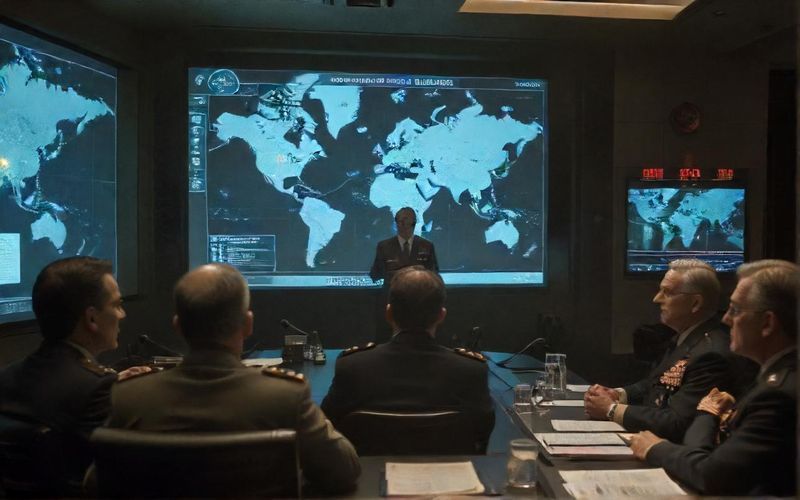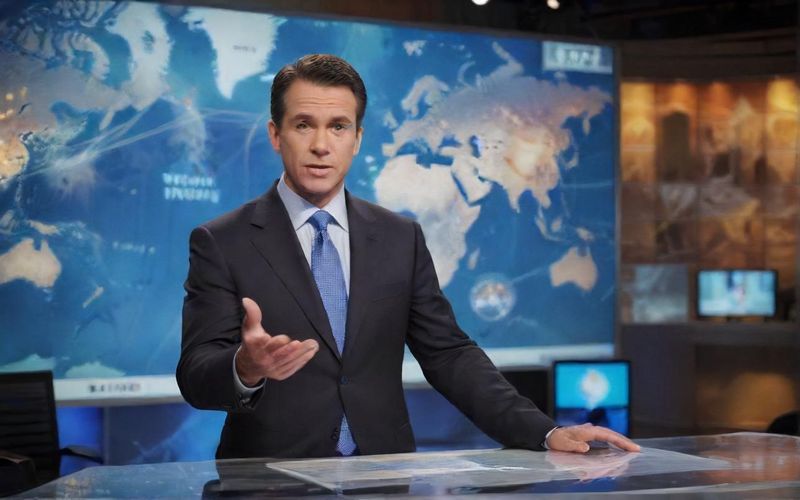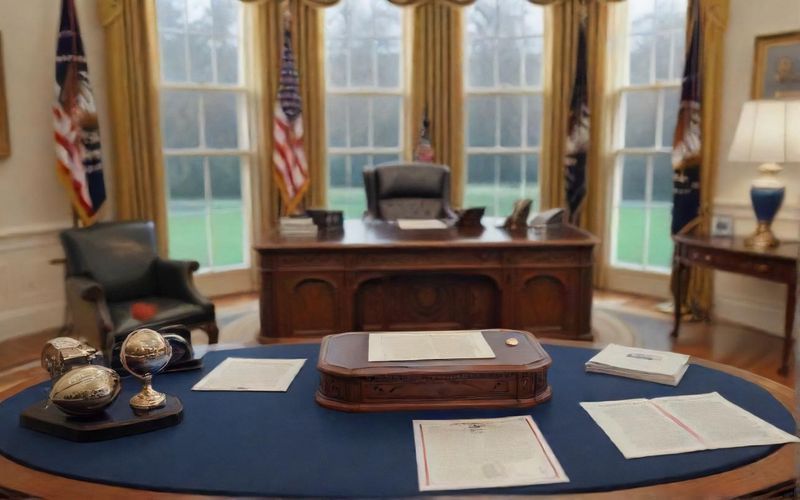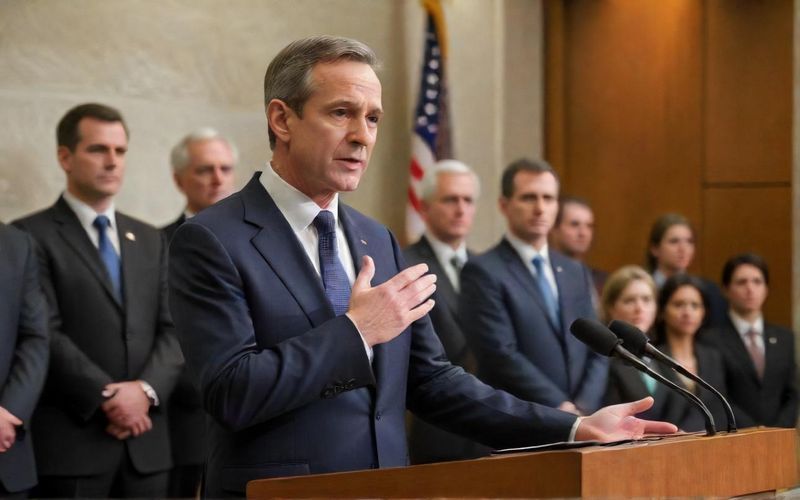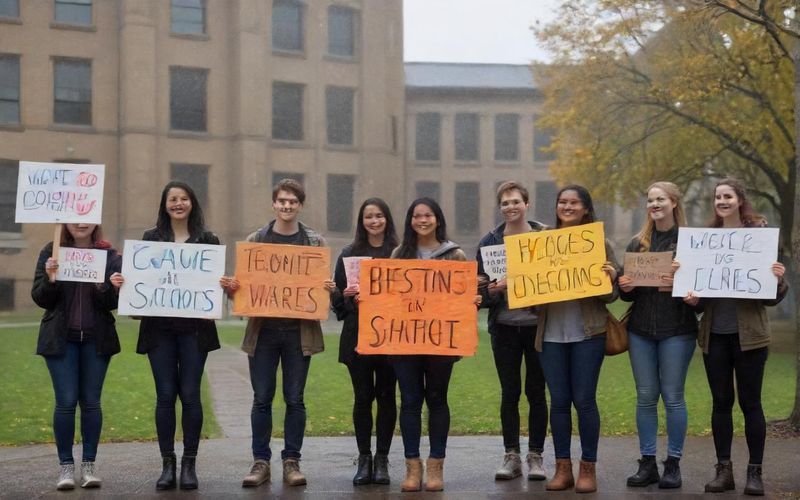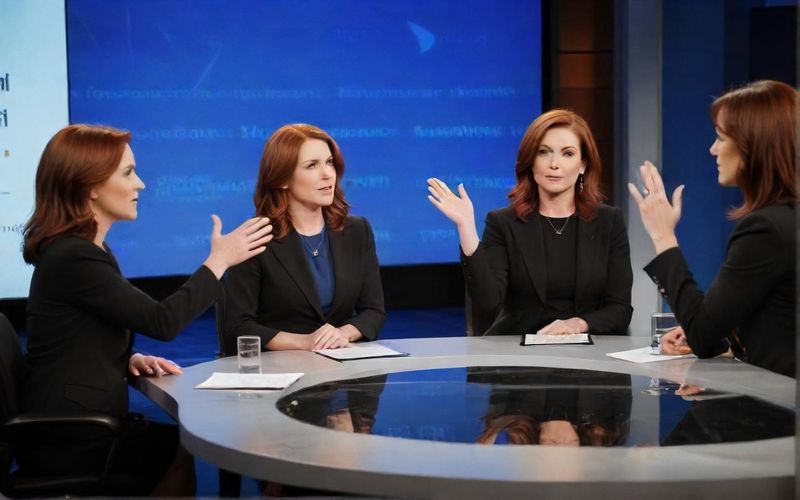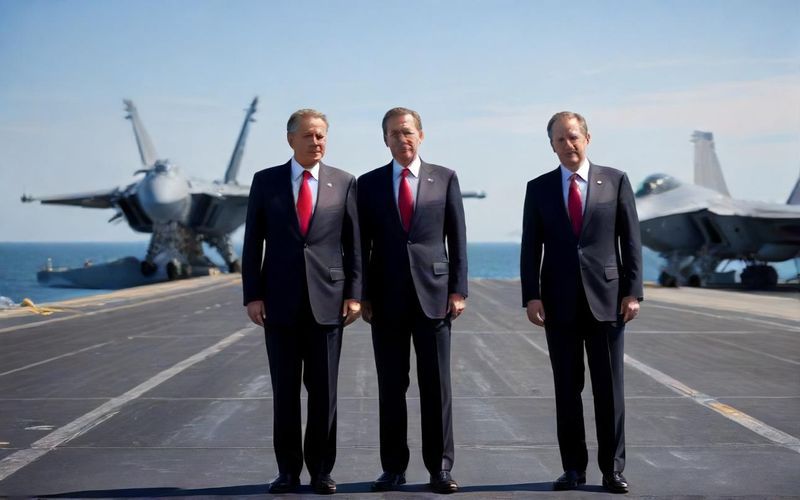Trump-Xi Meet: Trade Tariffs Cut, Farmers Win Big
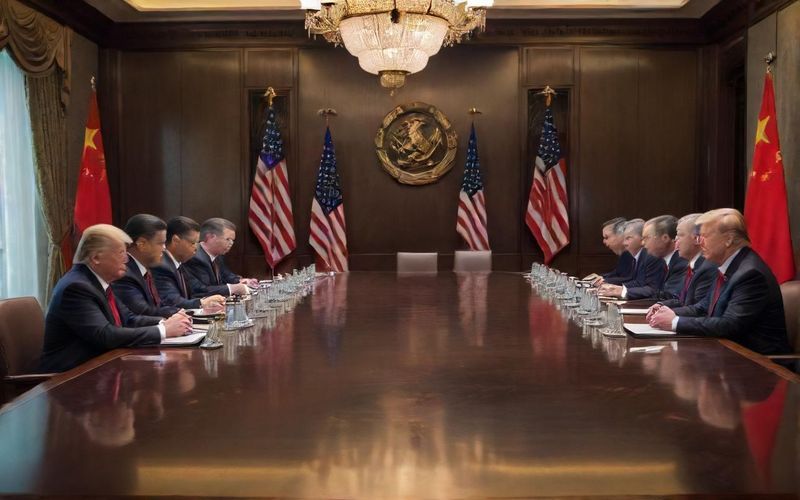
As reported by the BBC, the meeting, which lasted longer than initially scheduled, touched on several key issues. One of the most immediate concerns for the U.S. has been the fentanyl crisis, and it appears progress was made. Trump announced that the U.S. would be halving the tariff on chemical ingredients used to make fentanyl, a move aimed at encouraging China’s cooperation in stemming the flow of these substances. This, along with a renewed commitment from China to purchase American soybeans, signals a potential victory for U.S. farmers who have felt the pinch of trade disputes.
Beyond these immediate concerns, the complex issue of rare earths was also on the table. China holds a dominant position in the processing of these critical minerals, and its recent tightening of exports had caused considerable unease. Trump expressed confidence that this issue has been settled, suggesting a significant roadblock has been removed. We're also hearing that discussions did involve semiconductor chips, a point of contention given national security considerations around advanced technology, though specific details remain somewhat guarded. It’s a delicate balance, isn't it, between fostering trade and safeguarding national interests?
The dynamic between Trump and Xi themselves is also something to observe. One analyst noted that Trump seemed aware of being on the back foot entering the meeting, while Xi presented a professional demeanor. Despite this, Trump described the meeting as an "amazing" success, even rating it a "12 out of 10." He also indicated plans to visit China in April, with Xi expected to visit the U.S. afterward, suggesting a commitment to continued dialogue.
While many issues were addressed, it’s also noteworthy what wasn't. Taiwan, a constant point of global attention, reportedly did not come up during their discussions. This is particularly interesting given the broader geopolitical landscape and the island's own confidence in its relationship with the U.S.
What do you think this renewed engagement between the world’s two largest economies means for the global landscape moving forward?


